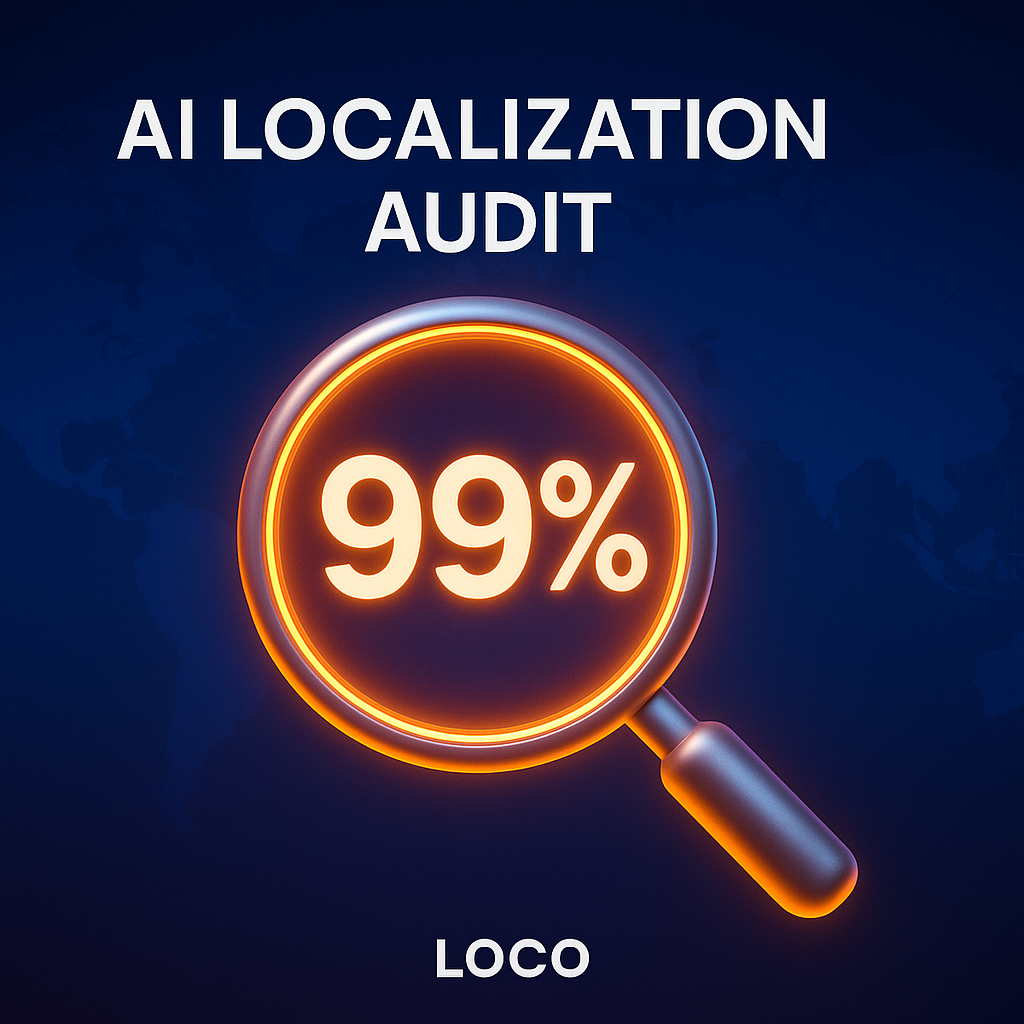
This year has shown that the e-commerce market is changing faster than ever before. New technologies, the expansion of companies into foreign markets, and pressure from global giants like Temu are defining trends that will shape the future of the industry.
1️⃣ Temu as a threat to European players
Temu's entry into European markets has put a lot of pressure on local e-shops. The Chinese giant, known for its aggressive pricing model and massive expansion, has shown that globalisation can be not only a boon but also a major challenge. European companies now face the need to adapt to a faster pace of change - from logistics processes to localisation to personalising their offerings for foreign customers.
For e-shops in the Czech Republic and Europe, this is a clear signal: without localization and effective expansion into foreign markets, it is almost impossible to compete in the long term.
2️⃣ Inspiration from Europe: successful expansion of local players
On the other hand, we see examples of e-shops that have managed to adapt to this situation and use globalisation to their advantage. Czech e-shops such as Notino, Footshop, Kulina are great examples of companies that have used localisation and a strong brand to expand into foreign markets, as are European brands such as Zalando and Ikea, which have invested in localisation and successfully reached a wide range of customers across the continent.
These examples show that localisation is not just about translation, but about adapting the entire shopping experience - from language nuances to cultural differences to local marketing strategies.
3️⃣ AI as a partner for overcoming barriers
The year 2024 was a turning point for the use of AI in e-commerce. Technologies like Translation Memory have made product localization more efficient and reduced costs by tens of percent. Added to this is the ability of AI:
- Analyze translation quality in real time.
- Identify areas requiring manual intervention, saving human experts' time.
- Improve decision-making with data - for example, by showing which products have the most potential in foreign markets.
At the same time, it turns out that even in the age of artificial intelligence, humans remain at the centre of the action. Human intervention is crucial and separates the good from the great.
4️⃣ The future: globalisation and efficiency
2025 will bring even faster market globalisation. We expect:
- AI localization will move closer to real time, allowing for faster expansion.
- European companies will invest more in localisation and personalisation of content to stay competitive.
- Small and medium-sized e-shops will open up more to foreign markets - expansion will become the norm, not the exception.
Inspiration from the market: How are Czech companies doing?
Even in the Czech market we can see that companies that have dared to invest in localization are succeeding. At LOCO, where we help e-shops localize their products for foreign markets, we have seen this year:
- Demand growth of tens of percent, especially for smaller players looking to expand.
- Success stories of companies that have entered new markets with our help - from Western Europe to Scandinavia.
- Localization cost savings of more than 50% through a combination of AI and human intervention.
LOCO is one example of how technology and the right strategy can open the door to the big world for small companies.
The year 2024 has shown that expansion and localisation are no longer optional extras, but essential tools for survival and growth in the global market. Czech and European e-shops still have room to succeed if they can find the right balance between technology and human touch.
Start localising today. 😊




